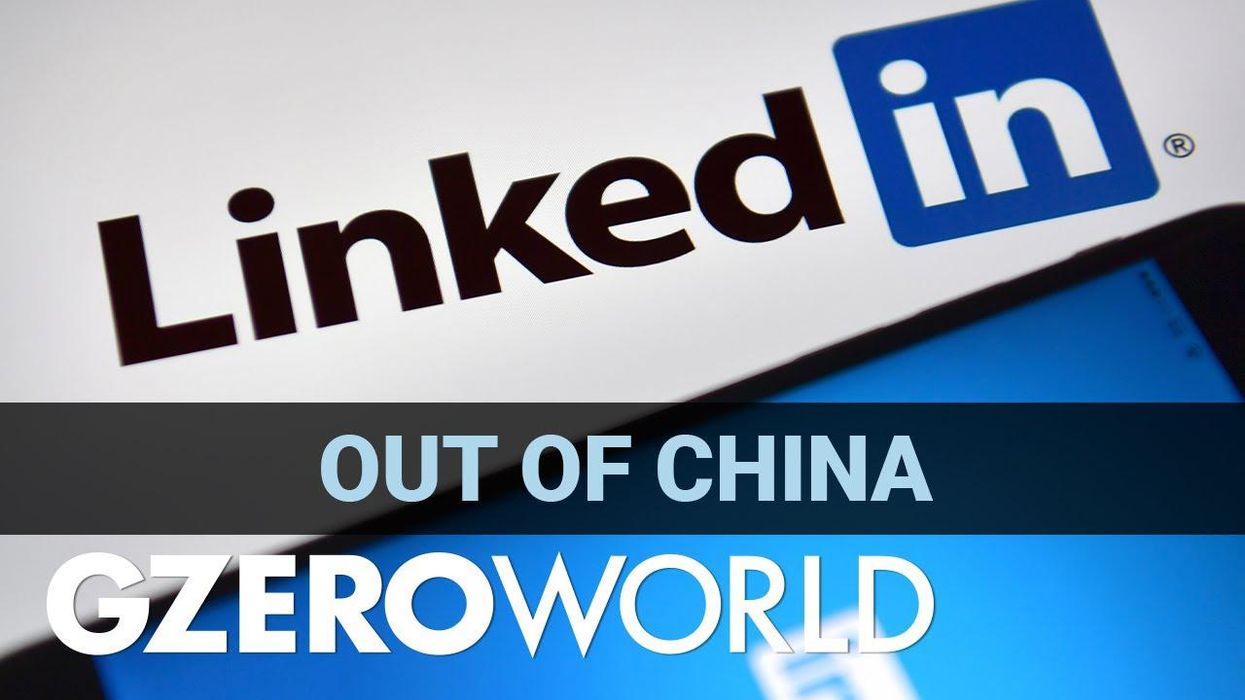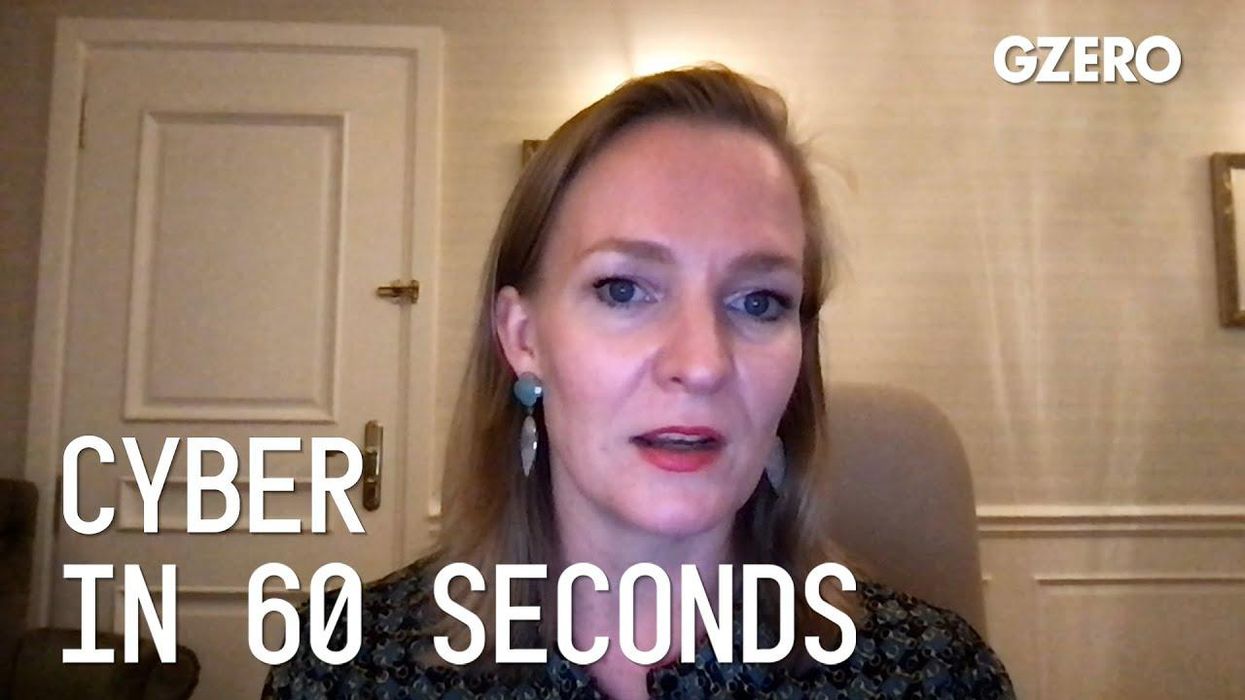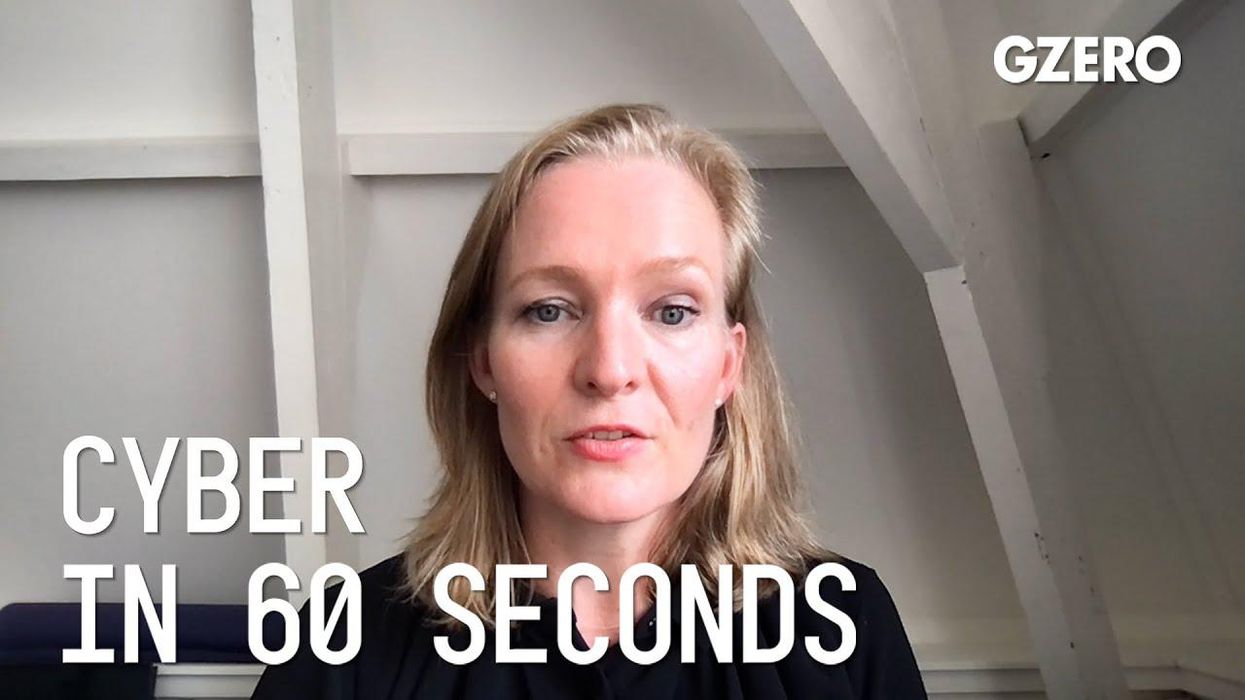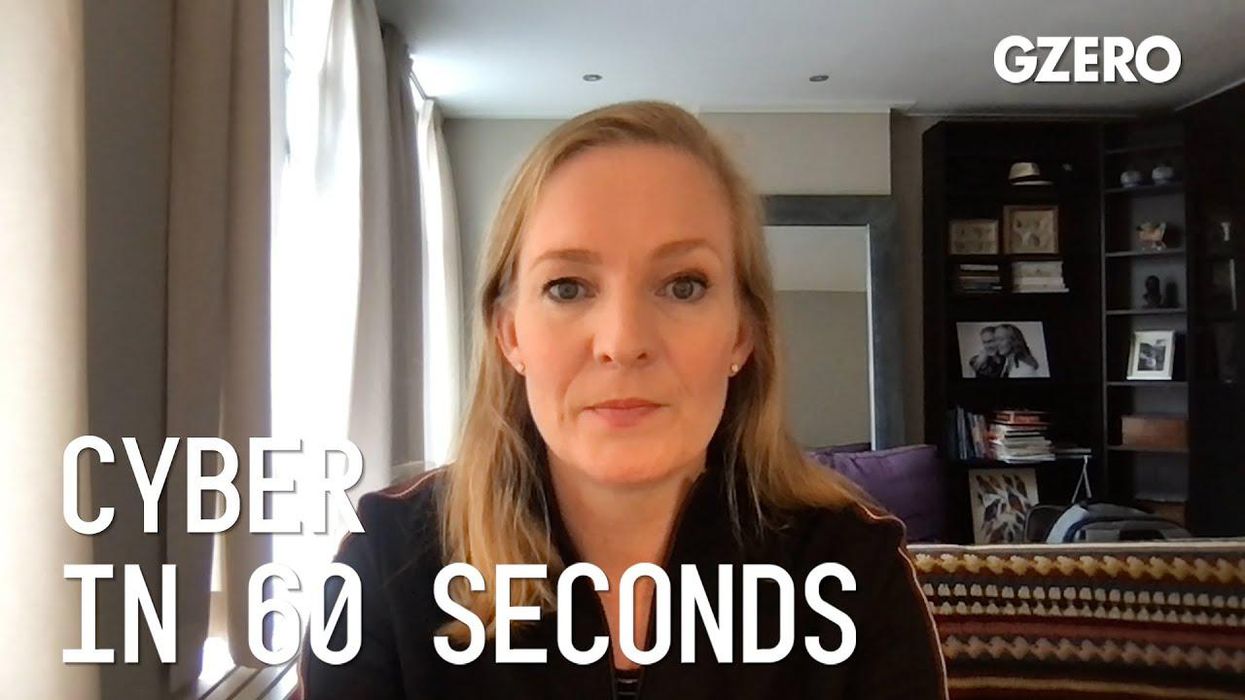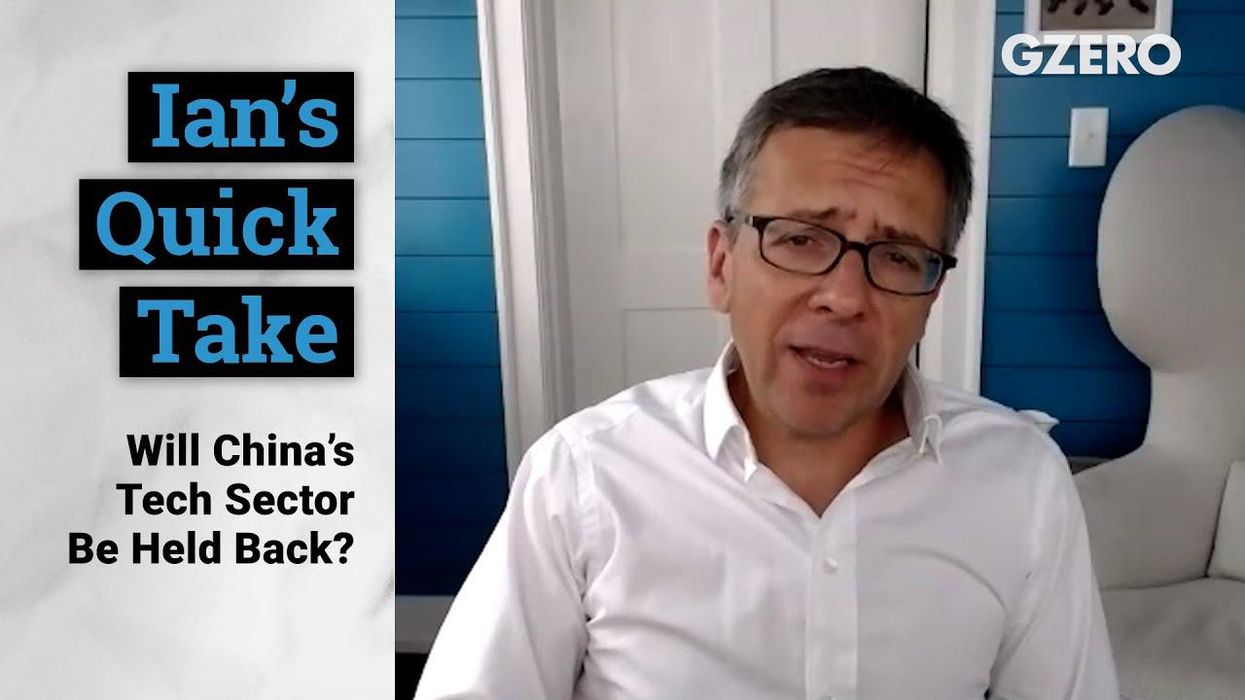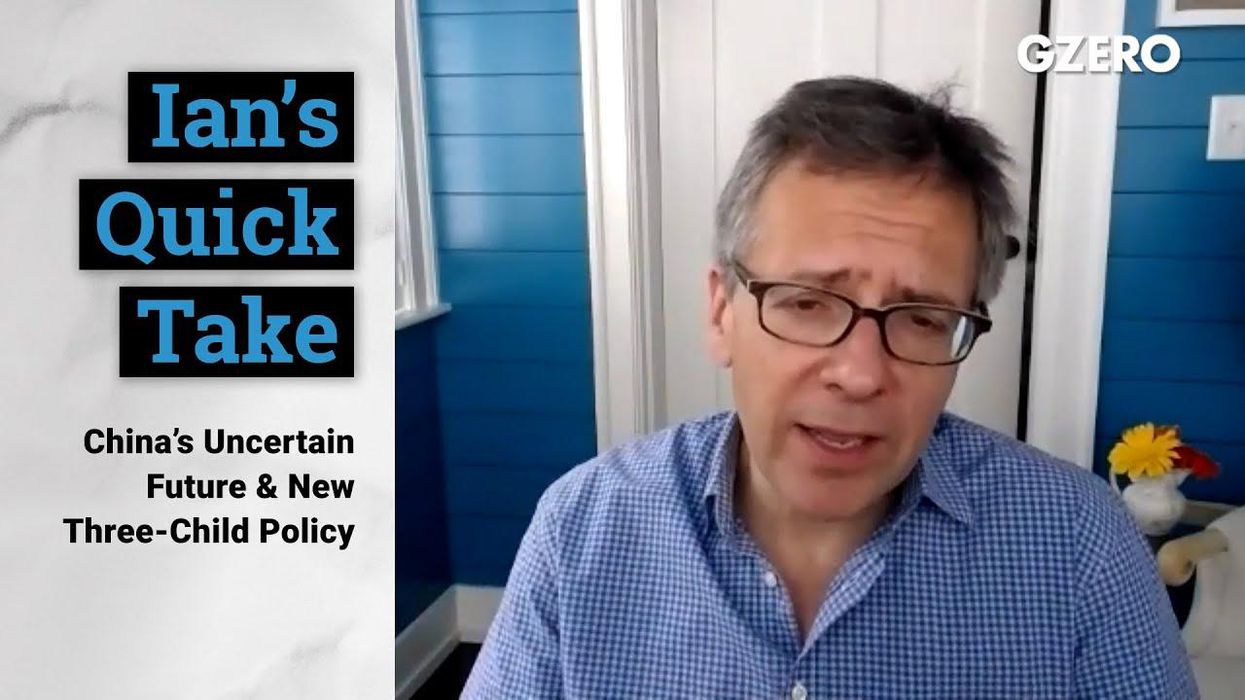GZERO World Clips
LinkedIn right to shut down in China, says journalist Nick Thompson
New: LinkedIn is ending operations in China. The Atlantic CEO Nick Thompson believes in tech firms doing business in China because connecting with people there is a huge social good for the world. But in demanding LinkedIn de-platform certain people, he says, the Chinese government crossed a line, and "you can't justify that."
Oct 14, 2021
